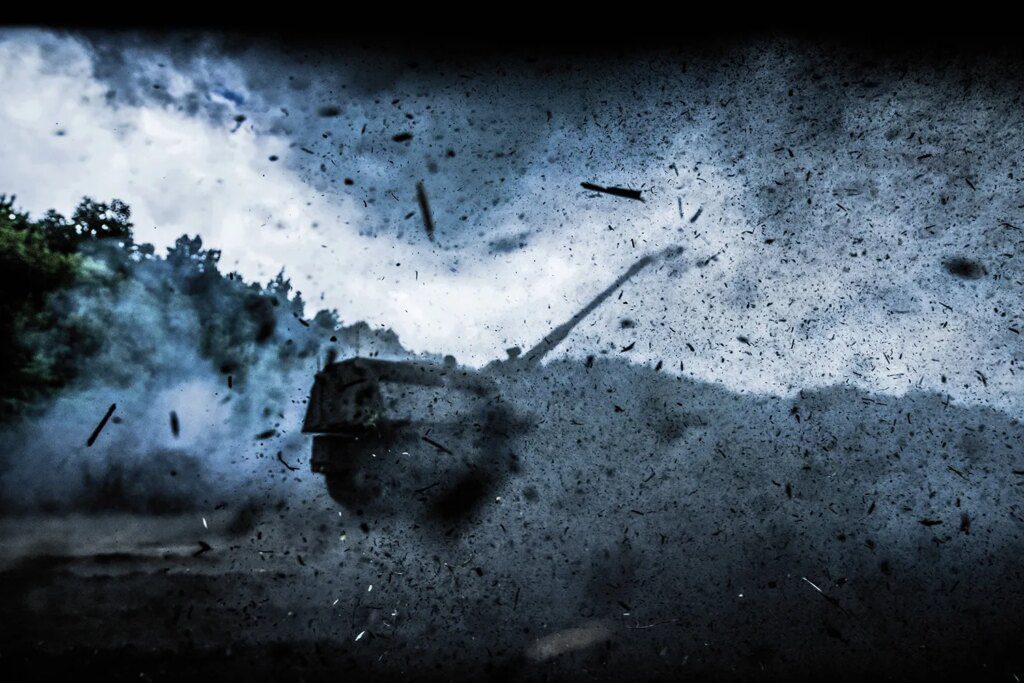Modern warfare has seen significant changes in recent years, with new technologies and tactics shaping the battlefield. In this article, military experts share their insights on the challenges, opportunities, and future trends in modern warfare. The role of technology, changing tactics, challenges faced, and future trends are all discussed by these experts. As warfare continues to evolve, it is crucial for military forces to adapt, innovate, and cooperate in order to stay ahead of the curve. By learning from those with firsthand experience, we can better understand the complexities of modern warfare and prepare for what lies ahead.
Insights from the Frontlines: Military Experts Share Their Views on Modern Warfare
Introduction
Modern warfare has evolved significantly in recent years, with new technologies and tactics shaping the way military operations are conducted. To gain a better understanding of the current landscape of warfare, we sat down with military experts who have firsthand experience on the frontlines. In this article, we will delve into the insights they shared on the challenges, opportunities, and future trends in modern warfare.
The Role of Technology
One of the key themes that emerged from our discussions with military experts was the increasing importance of technology in modern warfare. Advancements in areas such as cyber warfare, unmanned aerial vehicles (UAVs), and artificial intelligence have transformed the way conflicts are fought. Experts emphasized the need for military forces to adapt to these new technologies in order to maintain a competitive edge on the battlefield.
Changing Tactics
In addition to technological advancements, military experts also highlighted the evolving tactics being used in modern warfare. Traditional strategies have been replaced by more asymmetric approaches, with a focus on non-linear warfare and decentralized command structures. Experts stressed the importance of flexibility and adaptability in response to these changing tactics, as well as the need for constant innovation and experimentation.
Challenges in Modern Warfare
While technology and tactics have played a significant role in shaping modern warfare, experts also acknowledged the numerous challenges that come with conducting military operations in today’s complex environment. From the proliferation of weapons of mass destruction to the rise of non-state actors, the battlefield is more diverse and unpredictable than ever before. Military forces must be prepared to address these challenges through strategic planning, effective training, and international cooperation.
Future Trends
Looking ahead, military experts identified a number of trends that are likely to impact the future of warfare. These include the increasing prominence of hybrid warfare, the use of autonomous systems on the battlefield, and the growing influence of cyber capabilities. Experts emphasized the need for a holistic approach to defense and security, one that incorporates a range of capabilities and tools to address a wide variety of threats.
Conclusion
As modern warfare continues to evolve, it is essential for military forces to stay ahead of the curve by embracing new technologies, adapting to changing tactics, and addressing the challenges of a complex and unpredictable battlefield. By learning from the insights of military experts who have experienced warfare firsthand, we can gain a better understanding of the current landscape of conflict and prepare ourselves for the challenges that lie ahead.
